I am using System.IO.BACnet library for my C# BACNet client.
I am trying to send to server "ReadPropertyMultiple" request, however I am unable to read non-array BACNet properties, since the System.IO.BACnet.BacnetClient.ReadPropertyMultipleRequest requires list of System.IO.BACnet.BacnetPropertyReference(s) ...
public bool ReadPropertyMultipleRequest(BacnetAddress address, BacnetObjectId objectId, IList<BacnetPropertyReference> propertyIdAndArrayIndex, out IList<BacnetReadAccessResult> values, byte invokeId = 0);
.. and the System.IO.BACnet.BacnetPropertyReference requires propertyArrayIndex ..
public struct BacnetPropertyReference
{
public uint propertyIdentifier;
public uint propertyArrayIndex;
public BacnetPropertyReference(uint id, uint arrayIndex);
public BacnetPropertyIds GetPropertyId();
public override string ToString();
}
.. which, when not set, defaults to 0. This causes, that after request with this list is sent, all properties are requested with propertyArrayIndex: 0, which fail for non-array object properties.
Example:
Request:
Response:
What is the right way to not add the propertyArrayIndex into request and thus be able to read non-array properties with ReadPropertyMultiple request?

